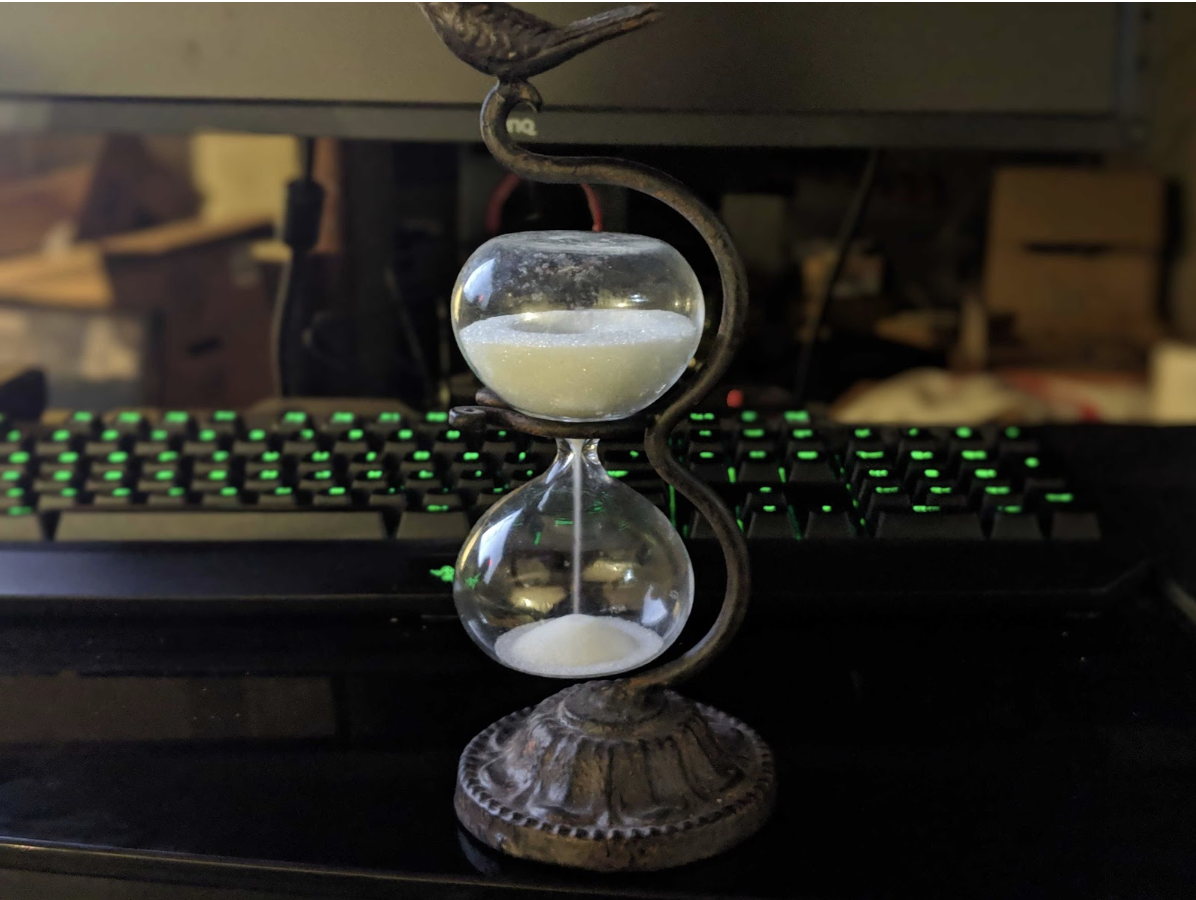Posted
Happy New Year!
Whether you are a customer or fan, thank you for joining us on this ride to enable teams to perform above their limits through augmentation with technology.
Studies show the most common New Year’s resolutions are often giving something up such as smoking, or a weight-loss-driven goal such as diet and exercise(1). Instead of giving up something for the New Year, learn something new. In our experience if you attach your goal to learning something new, you will have a much better chance of success.
Not enough time is often the excuse for not learning something so we figured we would share some of our own collaboration and productivity success.
Today, we will focus on six productivity tips to help make 2019 as efficient as possible.
1. Mono-Task:
Shut off your cell phone. Yup that’s it, you can stop reading now and you will get more done. Okay, mostly joking here but the real tip is to avoid multitasking as much as possible and start intentionally mono-tasking. Focus on one task until completion and then move onto the next. Depending on the task you can implement timers to keep you focused. For short tasks I have a three-minute sandglass on my desk that I will flip occasionally to timebox myself.

For longer tasks you can add placeholders on your calendar or implement something such as the Pomodoro Technique which alternates short periods of focus with even shorter periods of break. If you do find yourself getting distracted while you are supposed to be focusing, take a note on what you don’t want to forget and then get back to the mono-task.
2. Just-in-Time Education:
In the startup world we have no choice but to learn on the job. Startups are exposed to unanticipated scenarios and learning as we go is necessary to make current decisions. Even if you don’t work for a startup, the collective knowledge available on the Internet and ease of connecting with people allows you to get up to speed on a topic relatively quickly. Learning is easier than it has ever been and you can afford to learn something new, right when it is relevant to what you are working on. This allows you to apply the new knowledge soon after learning it, which increases the chances you will retain the content through reinforcement and habit (more on this in Part 2). Of course we are a little biased as this type of just-in-time information is part of our company’s DNA and one of the core ways Polarity provides value.
But isn’t it better to be prepared rather than educating yourself just-in-time? In some situations preparation might be the way to go. However, when balancing preparation with just-in-time education, it’s important to take into account the cost of preparation, likelihood of the scenario being prepared for, and the payoff for the preparation. One area I would say preparation does pay off is developing relationships with great mentors and peers in advance. Knowing I can pick up the phone and call board member Ron Gula or another startup founder to run something by them is extremely valuable. In this example, preparation shortens the time it takes to phone-a-friend for their perspective and acquire the just-in-time education.
3. Don’t Use Your Inbox as a To Do List:
To avoid the cost of your brain context switching, try to touch every email only once and process in batches. I set aside a time, usually late at night, to “process” my email. This typically results in one or more of the following actions after reading:
- Archive message and take no action
- Respond at that moment (I flip my 3 minute timer and try to respond before the sand runs down)
- Add follow-up action item to my calendar, the priority of the action is usually dictated by how far out the date is.
- Using Polarity, annotate any content in the email that I do not want to forget or that I want to share with my team.
Having these items outside of email helps give me peace of mind that I will not forget something that is buried in email. I suggest processing group-chat, snail-mail, and other messaging in a very similar batch process when possible. “But wait…sometimes I need to respond to an important message right away so I need to keeping checking all day”. If this is the case and something needs an immediate response, I suggest implementing rules that trigger very specific intentional interruptions (2).

4. Don’t Worry About a Messy Desk:
Stacks of papers on your desk do have a natural order, in computer science we call it a Last-In-First-Out (LIFO) stack which is common in caching systems. If you “touch” something a lot, it will naturally be on top. Organizing the stack does not always increase overall performance. This is not just an analogy, it is true and also an excuse for my messy desk that allows me to focus on what is important while having the current priorities at my fingertips. If you are working in a field where sterile environments are important, please clean your desk, you don’t get a bye like the rest of us.
5. Keep Improving:
Some say stop learning about productivity and go do. While in the spirit of tip one and two I agree it is important to apply your skills and not forever be a student, I think it is still important to improve over time, measure, and continue to study and learn. Recognize you might not be a master and look for areas of improvement. Just don’t optimize a process when you are mono-tasking on something else.
6. If you are successful, you will never get everything finished…
…and that is a good thing, prioritize.
We hope these 6 productivity tips encourage teams to learn something new this year.
References:

